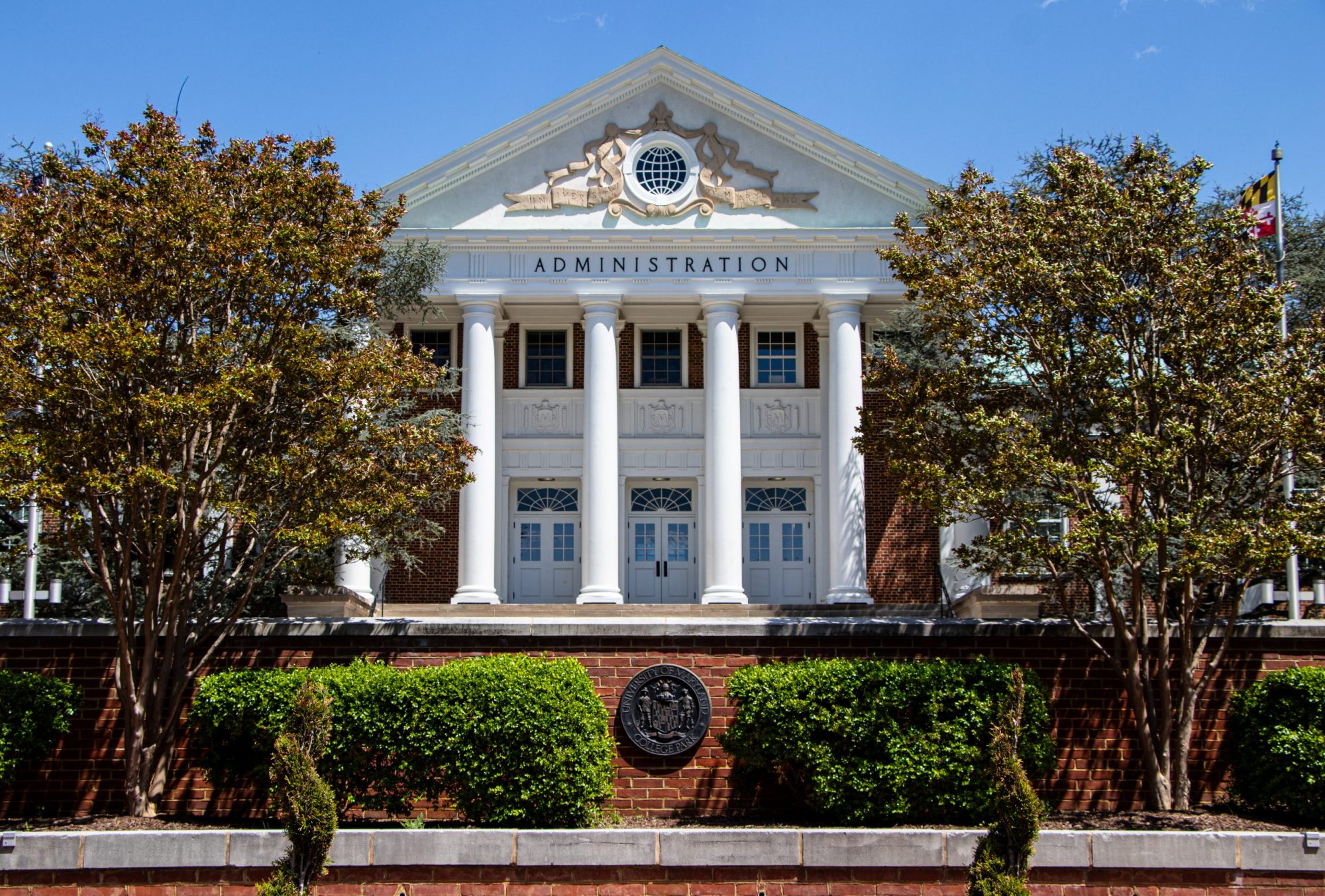Just days before the start of the University of Maryland’s fall semester, university administration announced temporary amendments to the grading and attendance policies and waived the requirement for final exams for all undergraduate courses.
In an email sent to faculty Friday evening, Provost Mary Ann Rankin announced faculty must accept self-certified notes from students as documentation of absences related to the coronavirus pandemic.
Rankin also encouraged faculty to consider alternative assignments or make-up work for students who miss a substantial amount of class time and to include this information in their syllabi.
“I ask that you be flexible and empathetic with your students … Anticipating and managing disruptions and delays with a positive, friendly attitude will help your students cope more than almost anything else you can do,” Rankin wrote. “Please do your best to be understanding and helpful.”
Alternative assignments for students with COVID-related absences will not be subject to the grading policy that allows students to “seek review of final course grades alleged to be arbitrary and capricious.”
The expectation that every undergraduate course will have a final exam has also been waived for the fall semester, Rankin wrote. She encouraged faculty to assign “lower stakes” assignments throughout the semester that will allow students to build their grade cumulatively.
Chairs and directors are also expected to draft contingency plans in case of any disruptions in instruction. All courses should also have a backup instructor who understands and has access to course material, according to the email.
[Here’s how UMD will track the spread of COVID-19 on campus]
In addition to policy amendments, Rankin also issued guidance for faculty to encourage student adherence to coronavirus safety protocols, such as wearing masks and maintaining social distancing. She asked faculty to include a statement about these requirements in their syllabi and to remind students of them at the start of class.
The university plans to have student ambassadors staffing classroom buildings, ready to distribute masks to students if necessary, Rankin wrote. Faculty members will also have a supply of masks in their classrooms. But if a student refuses to put on the mask or comply with classroom regulations, Rankin advised faculty to address them either privately or in the classroom.
In doing so, faculty should note the student’s name and ID number and tell them their behavior could be harmful to their classmates or instructor and is viewed as disruptive behavior, Rankin wrote. Faculty should also notify the student that they will be referred to the Office of Student Conduct, and ask the student to either abide by classroom requirements or leave, according to the email.
Should the student refuse to leave even after being informed that their noncompliance will result in the cancellation of the class, Rankin tells faculty members to ask the other students in the room to leave and to exit the situation themselves, documenting the behavior and class dismissal with the department chair and Office of Student Conduct.
“It is important that instructors reinforce this effort by reminding students of these requirements and refusing to tolerate noncompliance,” Rankin wrote.



